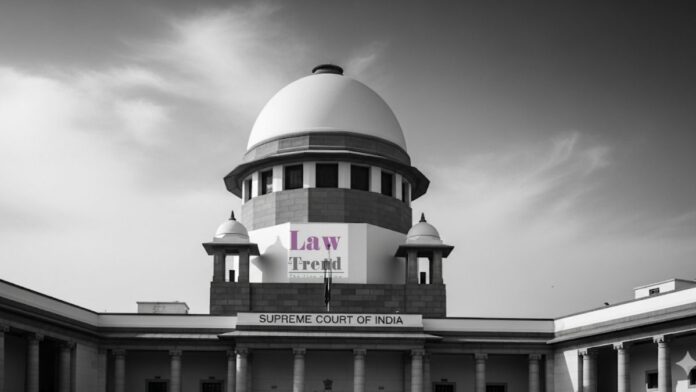The Supreme Court of India, in a significant ruling on criminal sentencing, has held that when an accused is awarded multiple sentences of life imprisonment, the sentences must run concurrently and not consecutively. A bench comprising Justice Pankaj Mithal and Justice Prasanna B. Varale modified a judgment of the High Court of Punjab & Haryana,
To Read More Please Subscribe to VIP Membership for Unlimited Access to All the Articles, Download Available Copies of Judgments/Order, Acess to Central/State Bare Acts, Advertisement Free Content, Access to More than 4000 Legal Drafts( Readymade Editable Formats of Suits, Petitions, Writs, Legal Notices, Divorce Petitions, 138 Notices, Bail Applications etc.) in Hindi and English.




